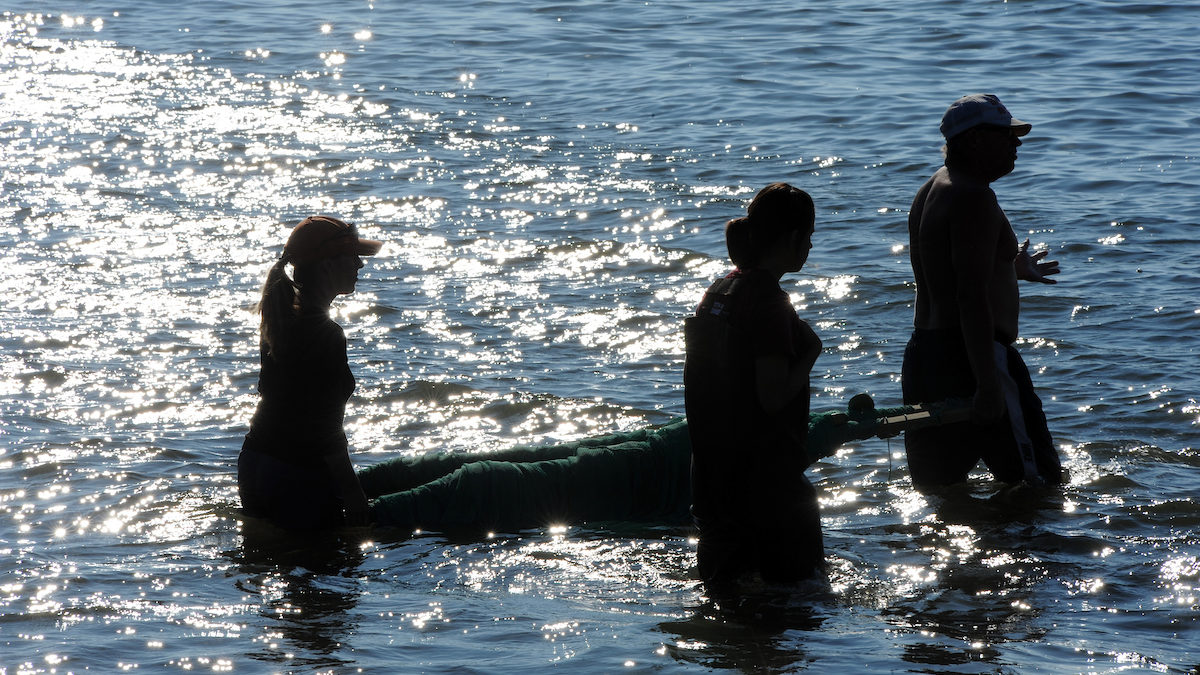Mellon Foundation awards pilot funding for consortium in environmental humanities
With a $150,000 grant, Carolina and three other universities will study coasts, climates and the environmental humanities.

The Andrew W. Mellon Foundation has awarded a $150,000 two-year grant to pilot a consortium of four research institutions and their public partners to study coasts, climates and the environmental humanities. The Coasts, Climates, the Humanities and the Environment Consortium is a partnership of the University of North Carolina at Chapel Hill, Louisiana State University, the University of Florida and the University of Georgia, as well as an alliance of regional stakeholders.
“This opportunity to collaborate institutionally has the potential to transform individual partnerships into ongoing pipelines between our institutions and communities,” said Elizabeth Engelhardt, a co-principal investigator on the grant. She is interim senior associate dean for fine arts and humanities and John Shelton Reed Distinguished Professor of Southern Studies in the College of Arts & Sciences at UNC-Chapel Hill. “Moreover, the issues we are discussing demand that we work to scale. The problems are large; our partnerships need to be equally ambitious. This effort promises to be.”
Research into the diversity and complexity of coastal zones and cultures through the medium of environmental humanities approaches is growing rapidly in context of climate instability. CHECC engages the sea and land grant missions of its member institutions via two initial clusters: “Coasts, Archives and Climates” and “Coastal Futures and the Public Humanities.”
These clusters will engage diverse community groups, students and faculty in projects that study the environmental history and impacts of storms and tidal waters on a series of specific locations. Each cluster will integrate archival research with public engagement to create humanities-informed models of understanding for contemporary and emerging challenges.
“Science has alerted society to the slow-moving change that is unfolding around us,” said Craig E. Colten, Carl O. Sauer Professor in the department of geography and anthropology at Louisiana State University. “This consortium will address the complex roles of society and culture in responding. A diverse team of humanities scholars, whose institutions span the eastern seaboard and gulf coast, will explore the underlying social values and meanings of nature-society relationships and how they relate to our ability to confront environmental change.”




